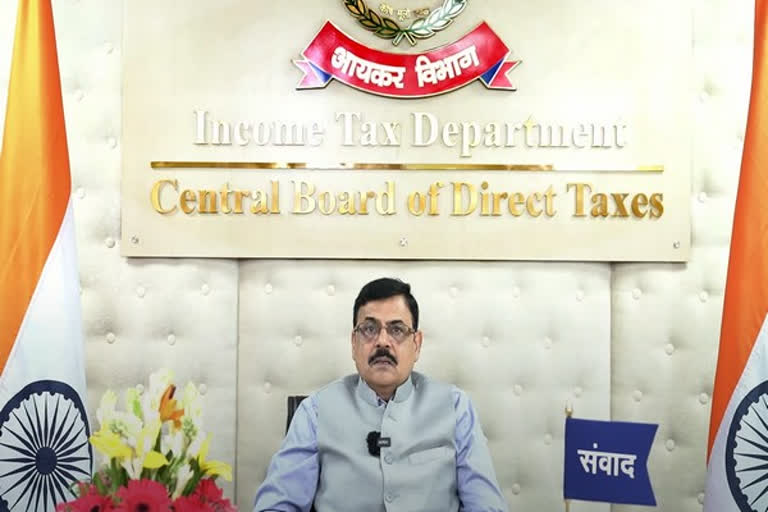New Delhi: The CBDT and the income tax department will "analyse" the Supreme Court's latest order holding that the Benami Transactions (Prohibition) Amendment Act of 2016 does not have retrospective application, CBDT chairman Nitin Gupta said on Thursday. He said the order has "just come" and they are in the process of studying it.
The apex court on Tuesday ruled that the criminal law cannot be imposed from before 2016 and said the taxman cannot initiate or continue criminal prosecution or confiscation proceedings for transactions entered into prior to the legislation coming into force. "We will analyse the decision...we cannot say the number of cases filed or value of attachment as of now. The Supreme Court has laid down the law and we will analyse it."
"It is an evolving thing and it is a new legislation and these things are not uncommon in a new legislation. The law will evolve. There were High Court decisions on both sides (for and against the department)...," Gupta said during an interaction. Benami properties are those in which the real beneficiary is not the one in whose name the property has been purchased.
Violators of the law, as per the scheme in operation till now, enacted in 1988 but implemented from November 2016 by the Modi government, attract a rigorous imprisonment of up to seven years and fine up to 25 per cent of the fair market value of the property. The Act allows for prosecution of the beneficial owner, the benamidar ((in whose name a benami property is standing), the abettor and the inducer to benami transactions. It also says that the assets held benami after final prosecution are liable for confiscation by the government without payment of compensation.
Violators of this law also stand to be prosecuted under the I-T Act of 1961. The income tax department is the nodal national agency to enforce the Benami Act in the country. In its judgement, the bench headed by CJI N V Ramana said that "in view of the fact that this Court has already held that the criminal provisions under the 1988 Act were arbitrary and incapable of application, the law through the 2016 amendment could not retroactively apply for confiscation of those transactions entered into between September 5, 1988, to October 25, 2016, as the same would tantamount to punitive punishment, in the absence of any other form of punishment." (PTI)



